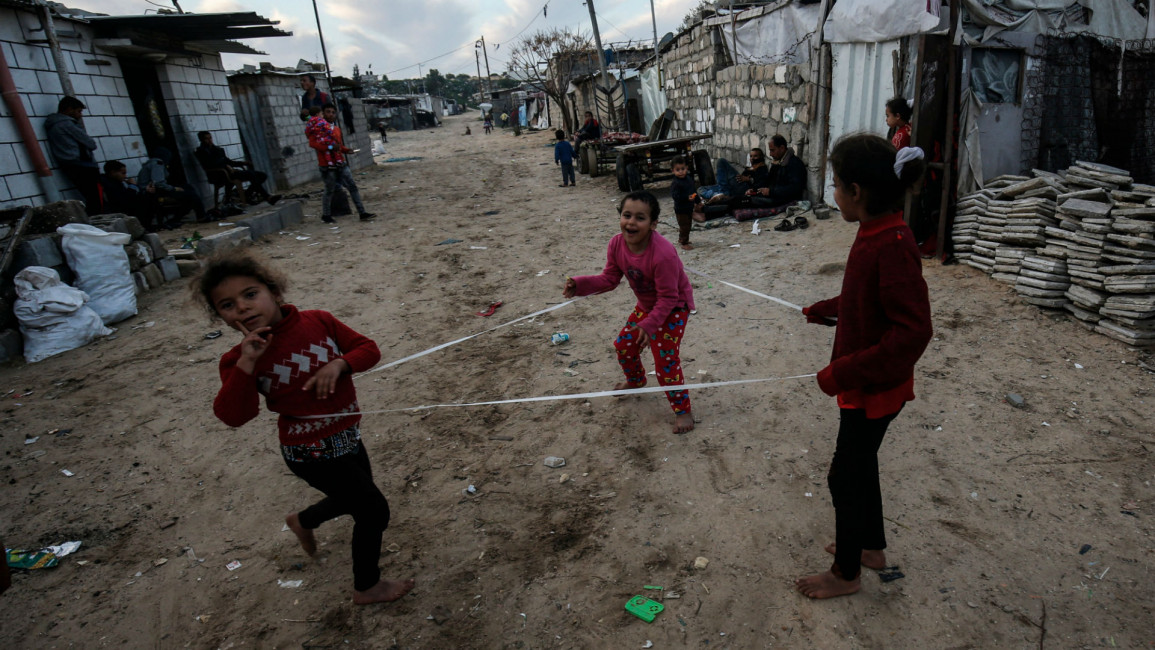Hamas accuses Israel of playing 'election politics' with Qatari aid
Hamas said on Thursday they would not accept a fresh tranche of Qatari funds, accusing Israel of imposing new conditions on the money entering the blockaded Palestinian territory.
The rejection of the expected $15 million raised fears of fresh tensions along the Gaza-Israel border, ahead of weekly protests on Friday.
"We refuse to receive the third Qatari grant in response to the (Israeli) occupation's behaviour and attempts to evade the agreement," Khalil al-Hayya, Hamas's deputy head in Gaza, told journalists.
Al-Hayya did not name specific conditions that were changed, but said Israel was playing politics with the funds ahead of upcoming elections.
Under an informal agreement struck in November, Gulf state Qatar has sent $15 million a month into the strip.
Read also: Explainer: Life in Gaza under Israel's blockade
The funds to pay salaries of Hamas employees and support impoverished Gazans are in exchange for relative calm along the border, where often violent protests have taken place since March 2018.
The money has been transferred via Israel.
The third tranche had been expected to enter this week but Israeli Prime Minister Binyamin Netanyahu blocked it Tuesday after two shooting incidents along the Gaza border, including one in which a soldier was lightly injured.
Mohammed al-Emadi, ambassador of the Gulf state to Gaza, met Thursday in the enclave with Hamas officials, including leader Ismail Haniyeh.
Israeli media reported Thursday that the country's security cabinet had still approved the funds.
Gaza has been under a crippling joint Israeli-Egyptian blockade for more than a decade.
The blockade has led to shortages of basic items such as food and fuel, leading to a humanitarian disaster.
Gazans have access to around four hours of electricity a day due to fuel shortages, while more than 90 percent of Gaza's water is unsafe to drink.



